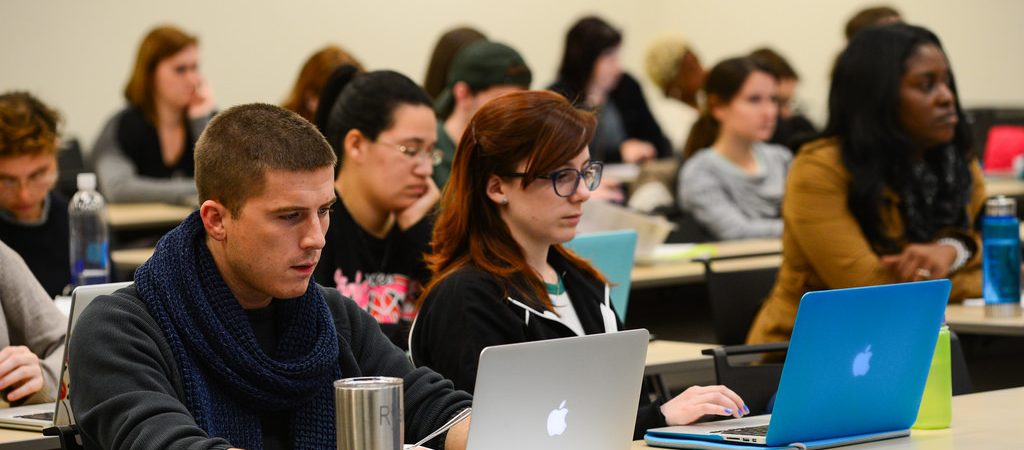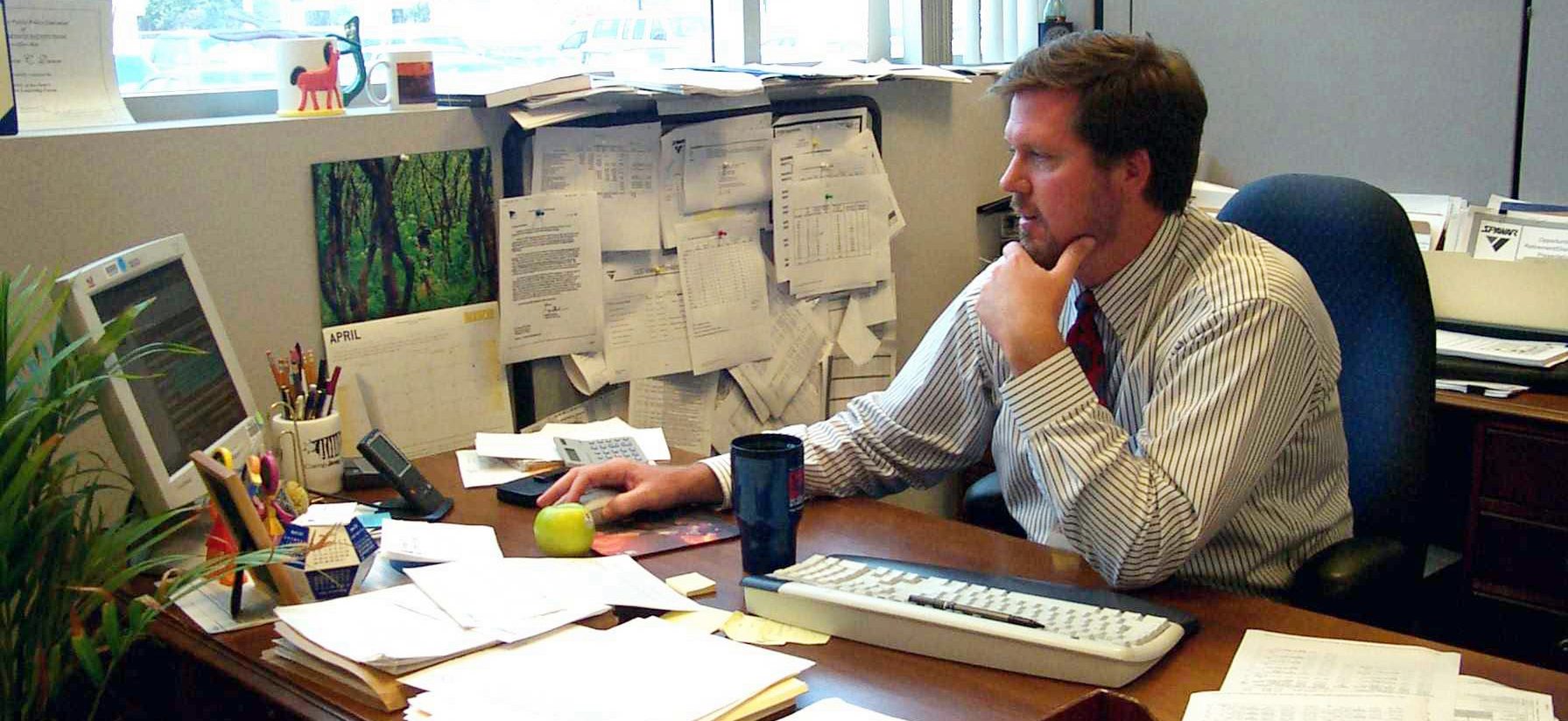Public Relations Specialist Education and Training
Becoming a public relations specialist takes much education and training. Public relations specialists, or communication specialists are essential resources to any organization attempting to maintain a favorable public image. Public relation specialists responsibilities include organizing media releases, planning public relations programs, and raising funds for their organization, thus interpersonal skills are very important.
In this article we will outline the steps to pursuing a career in public relations, including education requirements, career paths, and facts about the public relations industry.
Public Relations Specialist Education Requirements
In the public relations industry, competition has become quite intense over recent years. As news stories are spreading quicker than ever through social media outlets on the internet, the demand for public relations specialist has increased. According to the Bureau of Labor Statistics, public relations job growth is expected to grow 12% by 2022. It is important to pursue PR-related education to compete for entry-level positions.
Public Relations Specialist Degrees
It is recommended that someone pursuing a career in public relations have at least a 4-year bachelor’s degree in an area of study such as journalism, marketing, or communications. Many universities, such as the University of Florida, offer a public relations major. Whether pursuing a strictly public relations major or not, critical thinking and writing skills are essential in public relations training, thus pursuing courses in creative writing and strategy will prove advantageous.

Public Relations Internships
Completing an internship at a public relations agency or in a public relations department will greatly improve your chances of landing a job. Public relations internships can include working as a public relations specialist for a sports team, celebrity, or even public relations for the government. As an intern you will gain hands on experience and training writing press releases, measuring the quality of your message, and how to reach your target audience most effectively. Sites such as Looksharp, offer internship listings specifically in public relations.
Common Public Relations Interview Questions and Answers
As outlined above, the personal and professional qualities sought in a public relations specialist are heavily communication based. To prepare for an interview for a public relations position, it is important be ready to answer situational questions. Employers are looking for individuals who can think on their feet and quickly respond to any public relation nightmares they might come across. Answering questions such as “what would you do is X happened?” will give the hiring manager a quick glimpse of your abilities as a public relations specialist. Check out this website for a complete list of questions commonly asked in a public relations interview.
Public Relations Specialist Career Path
What attracts many people to a professional career in public relations is industry mobility. Every type of organization, from large to small, specialized to broad, has a need for public relations specialists. When pursuing a career in public relations, it is key to find what work environment you are most comfortable in.
Public Relations Specialist Typical Day
Depending on the type of organization you are doing work for, the type of work you complete as a public relations specialist on a daily basis can vary. The position requires you to be consistently monitoring coverage opportunities, developing new press materials, and managing any possible negative press coverage. Although PR specialists are often portrayed as heavily involved in community events, most of your time will be spent in the office, managing communication with parties relevant to your organization.

Public Relations Salary
As reported by the Bureau of Labor Statistics, the median pay for a public relations specialist was $56,770 per year. The median compensation per year increases as you gain more experience. After 10 years of experience as a public relations specialist, salaries plateau above the 75k mark, according to PayScale. Public relations specialists with significant experience are often hired as public relation managers at larger organizations.
Public Relations Specialist Facts
Public Relations Specialist vs Public Relations Manager
It is important to distinguish between a position as a public relations specialist and a public relations manager. The job of a public relations specialist is more hands-on, including responsibilities such as writing press releases; persuading media to cover their stories, and planning events. A public relations manager is often an individual who has had a career as a public relations specialist, and has now moved to supervising those activities. A PR manager works with upper management to ensure a cohesive message throughout the organization, handling internal communications and making recommendations to executives.
Public Relations Specialist Work Schedules
Most public relation specialists work full time during regular business hours, but overtime is often expected and to be on call in the instance an emergency PR case arrises. Public relations specialists must be passionate about their work, willing to dedicate themselves fully to their job.
Lagniappe –People, Books and More
If you wish to research PR Specialists here are a few of the top ones today:
Elliot Schrage, the VP of Communications and public policy at Facebook
Leslie Dach, the EVP of corporate affairs and government relations at Wal-mart
Stephanie Cutter, a deputy campaign manager for President Obama
Check out the full list here that Business Insider put together!
Books
Below are a few of the best books to read up on public relations.
The New Rules of Marketing and PR by Scott
Social Media Marketing by Williams
Trust Me, I’m Lying by Holiday
If you have any questions about Public Relations, feel free to reach out to our team!
